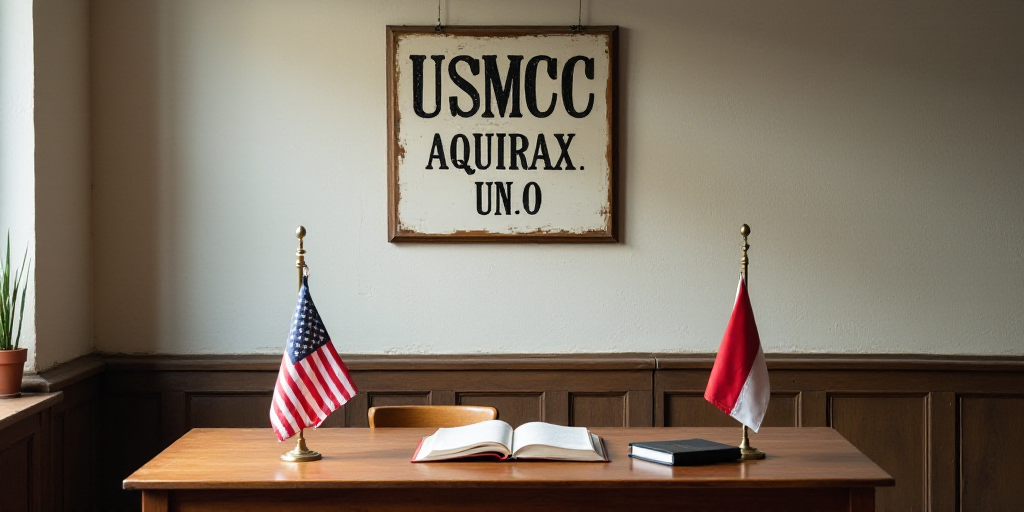Background on the T-MEC and its Anti-Dumping Mechanisms
The United States-Mexico-Canada Agreement (T-MEC) is a trade agreement that replaced the North American Free Trade Agreement (NAFTA) in 2020. The T-MEC aims to promote fair trade practices, protect workers’ rights, and ensure environmental protection. One of its key components is the anti-dumping mechanism, which aims to prevent foreign companies from selling goods at artificially low prices in their home market, thereby harming domestic industries.
Who is Marcelo Ebrard?
Marcelo Ebrard is the Secretary of Foreign Affairs for Mexico. He plays a crucial role in shaping and implementing foreign policies, including international trade agreements like the T-MEC. His signature on the published document signifies the Mexican government’s commitment to upholding the agreement’s provisions.
Content of the Published Rules
The Mexican government published the rules of procedure for reviewing definitive anti-dumping and countervailing duty decisions under the T-MEC in the Diario Oficial de la Federación (DOF). These rules will also be published in the Canada Gazette and the Federal Register of the United States.
“These Rules are established in accordance with Article 10.12.14 (Review of Definitive Anti-Dumping and Countervailing Duty Decisions) of the Treaty and apply to all reviews before a Panel under Article 10.12 (Review of Definitive Anti-Dumping and Countervailing Duty Decisions) of the Treaty,” states the document.
Impact on Trade and Businesses
The published rules provide a clear framework for reviewing anti-dumping and countervailing duty decisions, ensuring transparency and consistency in the application of these measures. This will help businesses understand their rights and obligations under the T-MEC, fostering a more predictable trading environment.
By establishing a standardized process for reviewing these decisions, the Mexican government aims to minimize disputes and promote cooperation among the T-MEC member countries. This, in turn, can lead to a more stable and prosperous trading relationship between Mexico, the United States, and Canada.
Key Questions and Answers
- What is the T-MEC? The T-MEC is a trade agreement that replaced NAFTA in 2020, focusing on fair trade practices, workers’ rights, and environmental protection.
- Who is Marcelo Ebrard? Marcelo Ebrard is the Secretary of Foreign Affairs for Mexico, responsible for implementing and shaping foreign policies, including international trade agreements.
- What are anti-dumping and countervailing duties? These are measures designed to protect domestic industries from foreign competitors selling goods below market value in their home market.
- What do the published rules entail? The rules establish a clear process for reviewing definitive anti-dumping and countervailing duty decisions under the T-MEC, ensuring transparency and consistency.
- How will these rules impact businesses? The standardized process will help businesses understand their rights and obligations under the T-MEC, fostering a more predictable trading environment.






